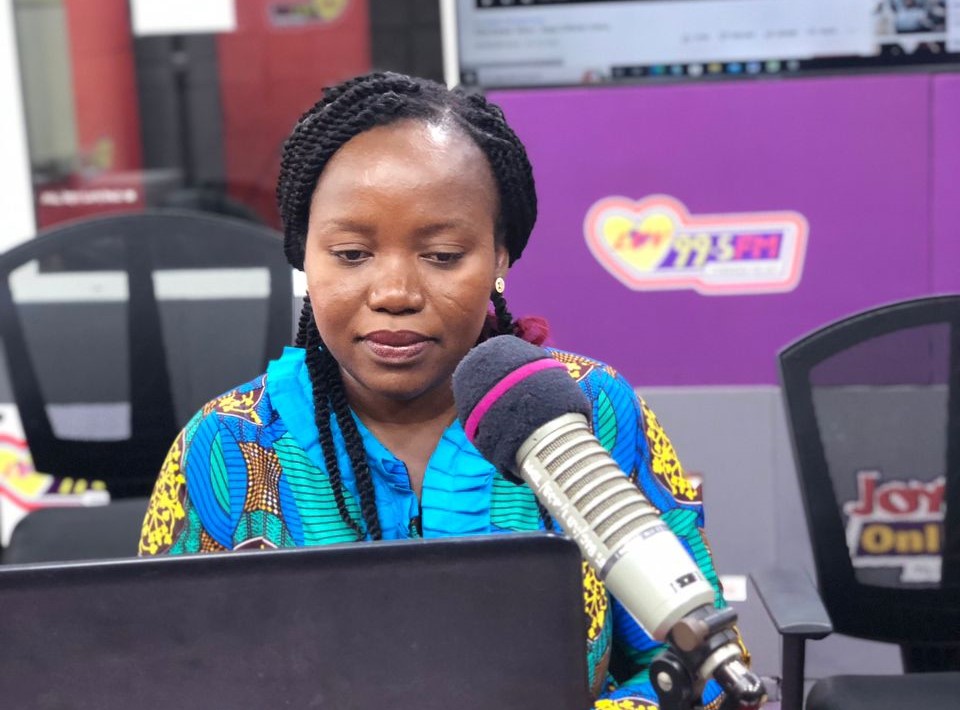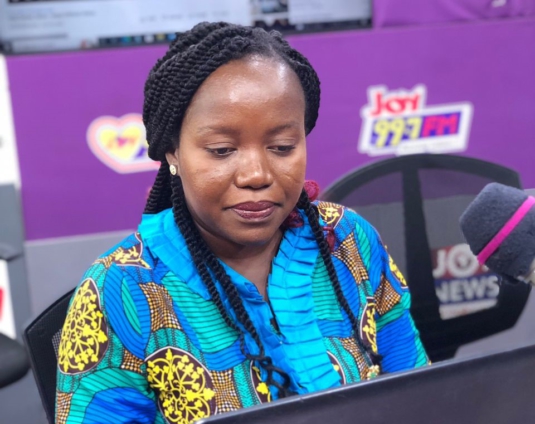The Ashanti regional office of the National Population Council (NPC) has been operating without electricity for the past two years.
Regional Director, Mercy Adomaa Besseah, laments work has been tough because the office also lacks operational vehicles, computers and other office equipment.
The NPC was established in 1994 as the highest statutory body to conduct research and advise the government on population matters.
The Council has a strong advocacy role to promote the goals and objectives of the National Population Policy, the Growth and Poverty Reduction Strategy (GPRS II) and the Programme of Action of the International Conference on Population and Development (ICPD).
The NDC office in Ashanti region is however starved of the needed resources to be productive.
Speaking to David Akuetteh on Luv In The Morning on Luv Fm, Madam Adomaa Besseah noted that the under-resourced office is gradually contributing to the ineffectiveness of its workers.
“All the equipment is outmoded; they have broken down. Sometimes, working becomes difficult. We have the District Population Advisory Committee, however, as a result of financial constraints, we are unable to go down to the district level,” she said.
With a non-functional District Advisory Committee, the Council partners the Ghana Statistical Service to access data to be able to advise the government.

Poor planning with population
According to Mercy Adomaa Besseah, there has been no proper planning with population figures previously.
This has resulted in the infrastructural disparities in the health and educational sectors.
“When you visit our health centers, one doctor services about 500 patients. How will the doctor find time for you? The situation is the same in our schools. A teacher handles over 100 students. An example is the Free SHS programme. The student numbers are huge. You will find that student discipline is low, what are we training?” she quizzed.
A factor contributing to the growing population is teenage pregnancy.
Currently, the Ashanti Region leads in the prevalence of teenage pregnancy.
Young girls in mining communities are often victims who have little knowledge about sexual reproductive health.
Mercy Adomaa Besseah wants education and sensitization intensified in such communities to curb the menace.
“Let them know the consequences of such acts. If not, the dependency ratio also increases. Often you will find that the victim also has five other siblings who are also pregnant,” she said.
Yet community outreaches done by the National Population Council has been challenging.
Latest Stories
-
Anticipation builds as Junior Speller hosts nationwide auditions
25 mins -
The driver’s mate conundrum
59 mins -
IMF Deputy Chief worried large chunk of Eurobonds is used to service debt
1 hour -
Otumfuo Osei Tutu II celebrates 25 years of peaceful rule on golden stool
1 hour -
We have enough funds to pay accruing benefits; we’ve never missed pension payment since 1991 – SSNIT
2 hours -
Let’s embrace shared vision and propel National Banking College – First Deputy Governor
2 hours -
Liverpool agree compensation deal with Feyenoord for Slot
2 hours -
Ejisu by-election: There’s no evidence of NPP engaging in vote-buying – Ahiagbah
3 hours -
Ejisu by-election: Independent ex-NPP MP’s campaign team warns party against dubious tactics
3 hours -
ZEN Petroleum supports Tse-Addo Future Leaders School
4 hours -
NPP must win back Adentan seat in 2024 polls – Obeng Fosu
4 hours -
PPA Clarification: The dark side of the World Bank’s ‘giveaways’ in Ghana by Bright Simons
5 hours -
Blinken says China helping fuel Russian threat to Ukraine
6 hours -
MHA declares May as Purple Month for Mental Health Awareness
6 hours -
WAEC arrests former headmaster over illegal students registration
6 hours

